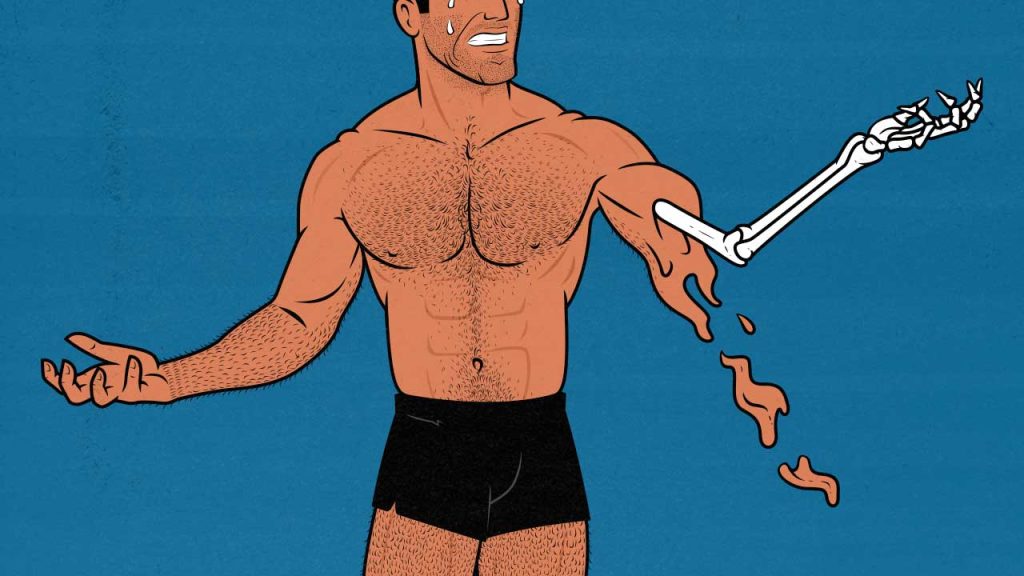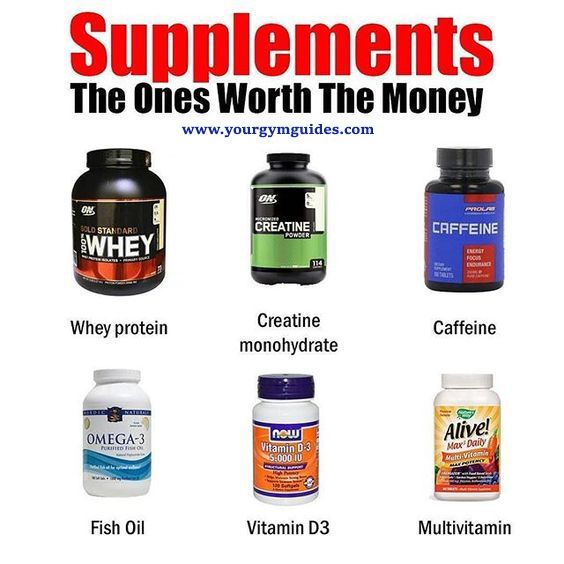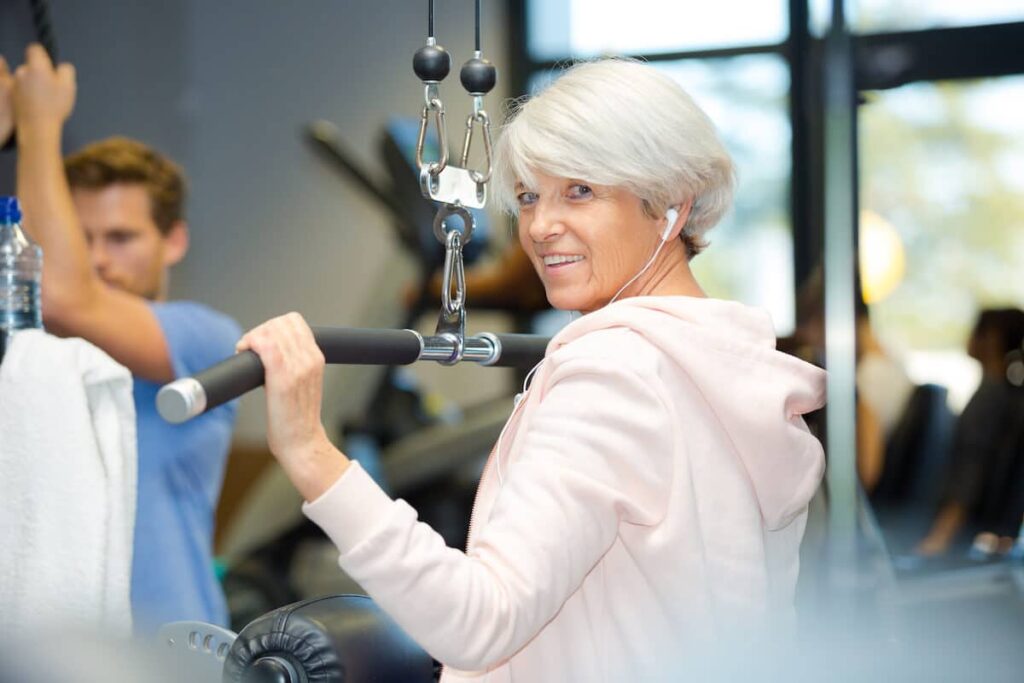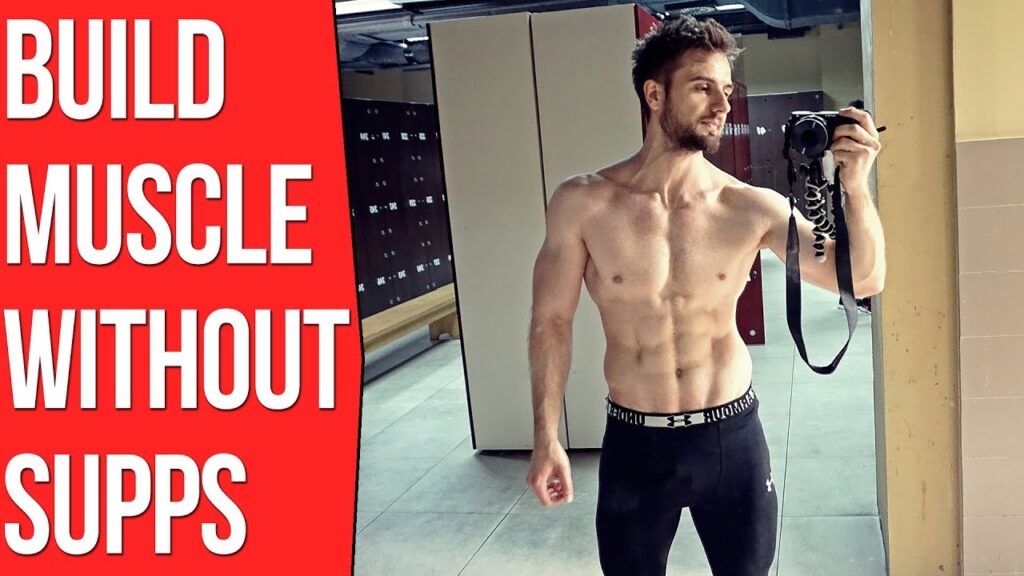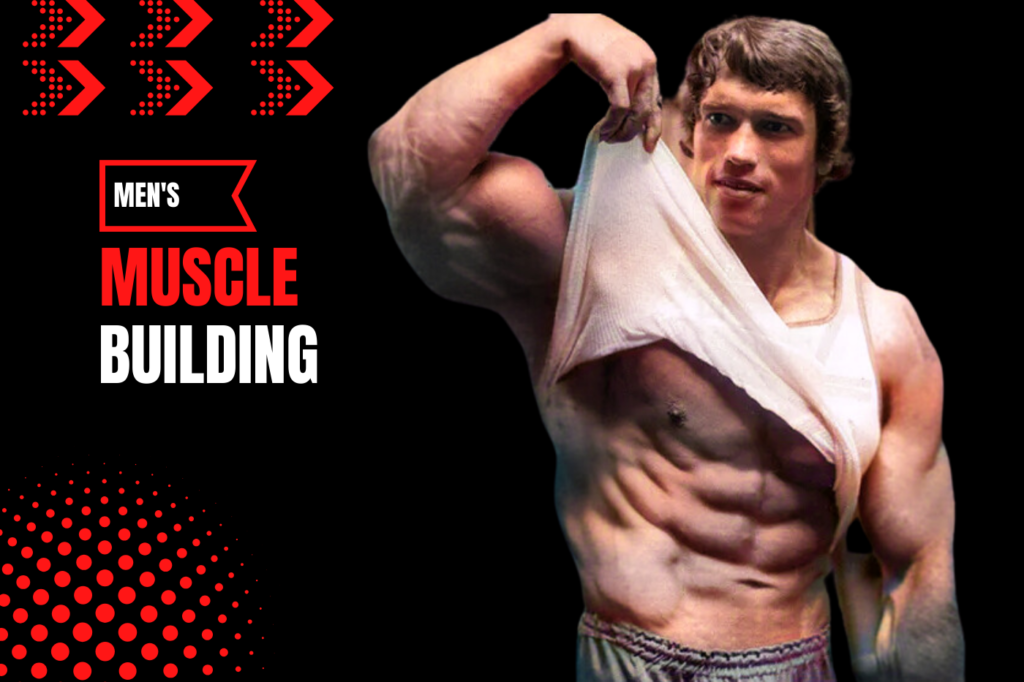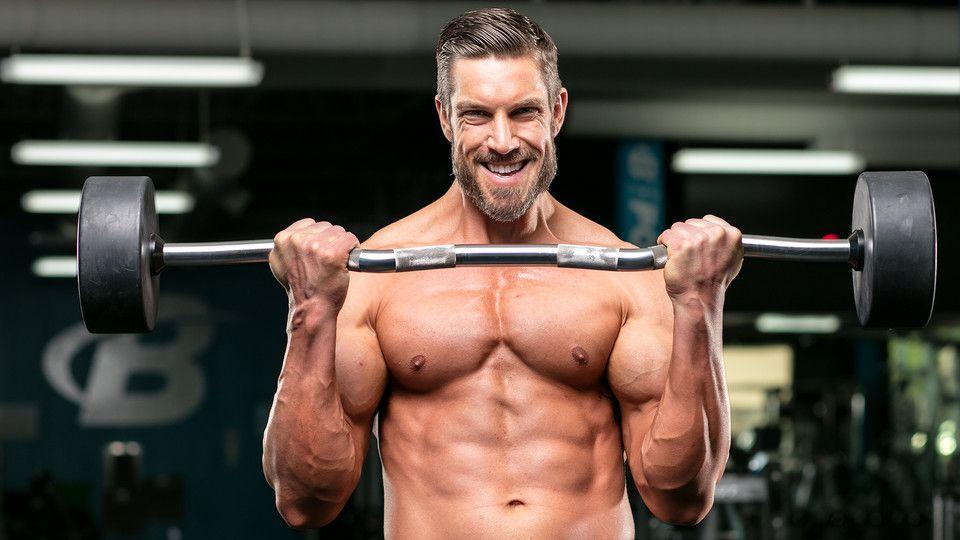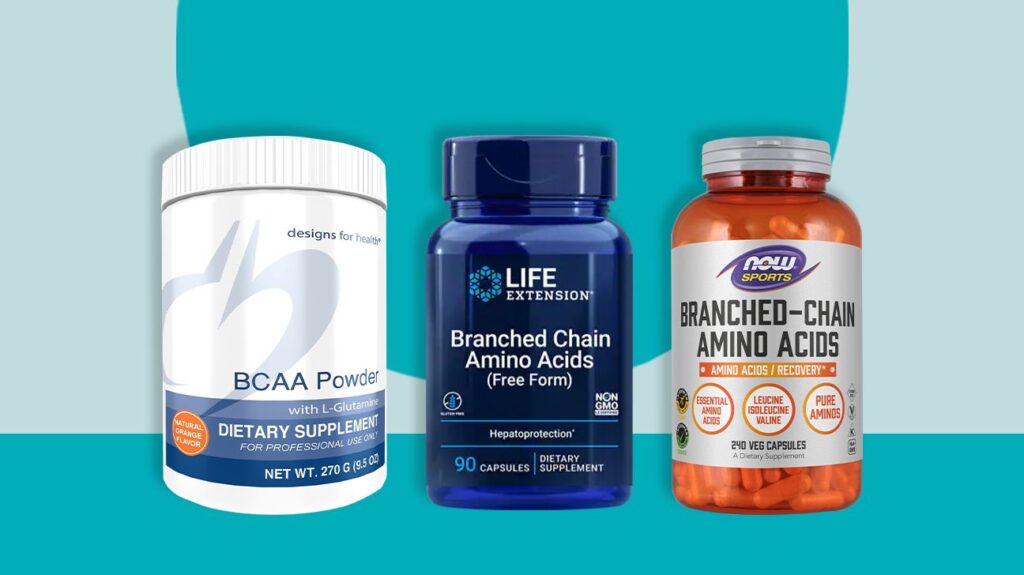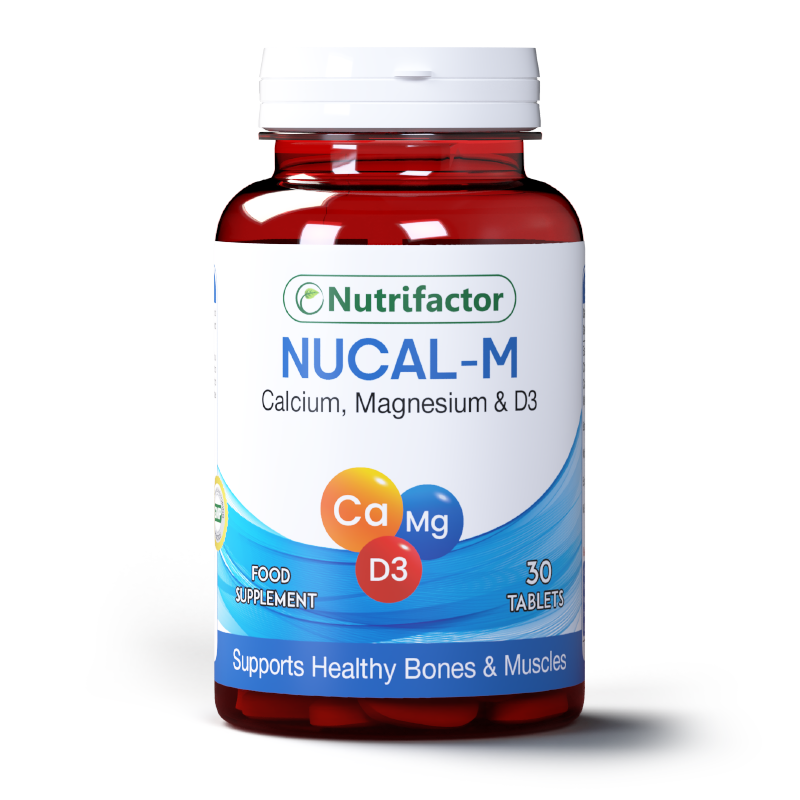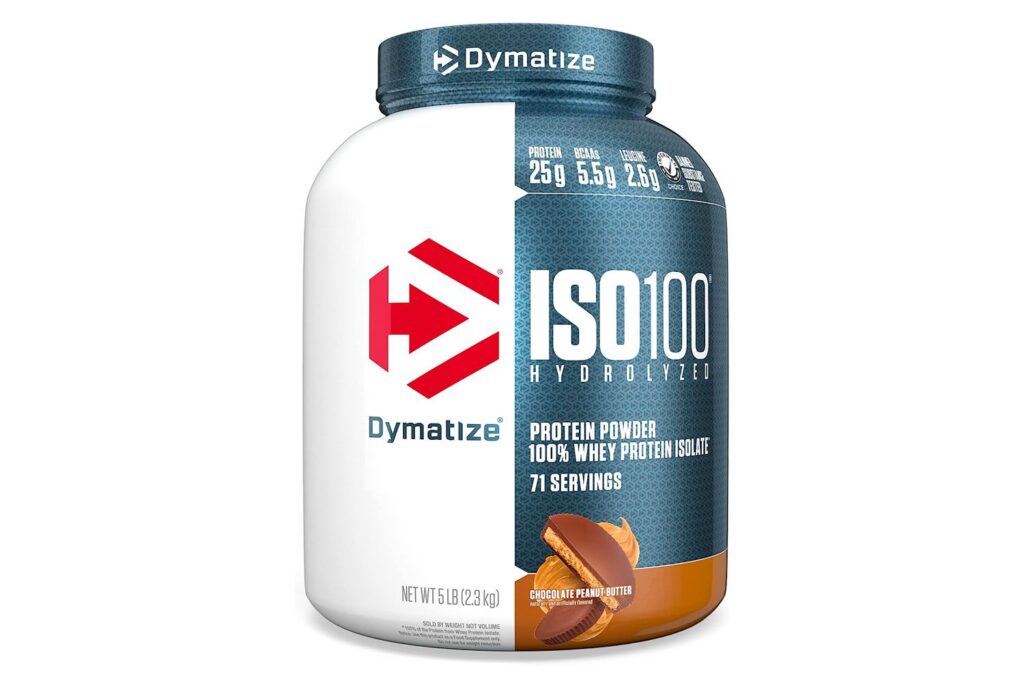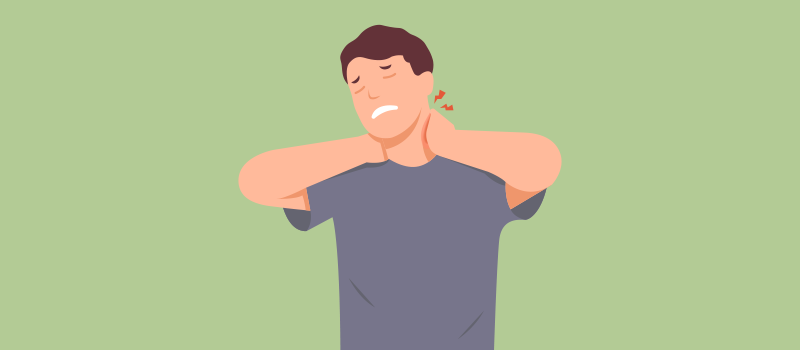Muscle building requires adequate protein intake for optimal growth and repair. Insufficient protein can hinder muscle development and recovery.
Protein is essential for muscle growth and repair, acting as the building blocks for muscle tissue. Consuming enough protein is crucial for anyone aiming to increase muscle mass. It aids in muscle protein synthesis, a process where protein is produced to repair muscle damage caused by intense workouts.
Without sufficient protein, muscles can’t recover and grow effectively, leading to stagnation or even muscle loss. A balanced diet rich in protein sources like lean meats, dairy, beans, and nuts supports muscle-building efforts. Proper protein intake, combined with regular strength training, is fundamental for achieving muscle growth and overall fitness goals.
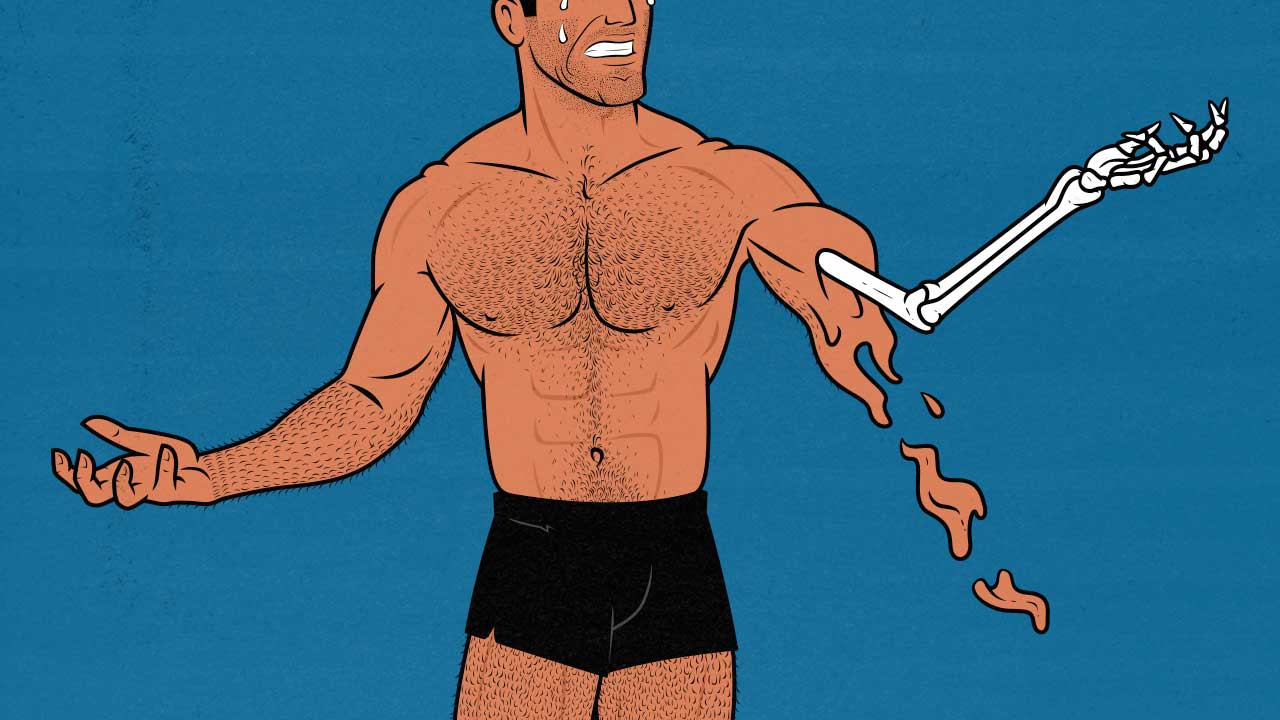
Credit: bonytobeastly.com
Importance Of Protein In Muscle Building
Protein is vital for muscle growth. Muscles need protein to get stronger. Eating enough protein helps muscles repair. Without enough protein, muscles can’t grow well.
Protein gives muscles the building blocks they need. These building blocks are called amino acids. Muscles use amino acids to grow bigger and stronger.
After exercise, muscles get tiny tears. Protein helps fix these tears. This repair makes muscles stronger. Eating protein after exercise is important.
Protein also helps muscles grow bigger. Not enough protein can slow muscle growth. Protein helps muscles get the energy they need. Make sure to eat enough protein every day.

Credit: www.facebook.com
Signs Of Protein Deficiency
Feeling tired all the time can be a sign of protein deficiency. Muscles need protein to grow and repair. Without enough protein, muscles become weak. Daily tasks may feel harder to complete. Energy levels drop, and you may feel sluggish.
After working out, muscles need protein to heal. Slow recovery times can indicate a lack of protein. Soreness may last longer than usual. Muscles might feel more painful than before. Quick recovery is key to building strong muscles.
Daily Protein Requirements
Adults need about 0.8 grams of protein per kilogram of body weight. For muscle building, this can increase to 1.2 to 2.2 grams. Athletes and bodybuilders may require even more. It’s essential to consult a nutritionist for personalized advice.
Activity level plays a big role. More active people need more protein. Age is also important. Older adults may need more to maintain muscle mass. Gender can influence protein needs too. Men often need more protein than women.

Credit: www.instagram.com
Protein-rich Foods
Eggs are a great source of protein. They also contain important vitamins. Chicken breast is low in fat and high in protein. Fish like salmon provides omega-3 fatty acids too. Lean beef offers protein and iron. Greek yogurt is rich in protein and calcium. Cottage cheese is another good option. Pork loin is another lean meat with protein.
Quinoa is a complete protein. Lentils are packed with protein and fiber. Chickpeas can be added to many dishes. Tofu is made from soybeans and is rich in protein. Black beans are a great source of protein. Almonds provide protein and healthy fats. Chia seeds are tiny but mighty in protein.
Timing Protein Intake
Eating protein before a workout is very important. It helps muscles get ready for exercise. Choose a small meal with protein and carbs. Good options include chicken and rice, or eggs and toast. Eating this 30 minutes before working out works best.
Having protein after a workout helps muscles heal. This is very important for muscle building. A protein shake or chocolate milk can be good choices. Eating within 30 minutes after working out helps the most.
Protein Supplements
Whey protein is a popular choice for many. It helps build muscle quickly. It is easy to mix with water or milk. Most people drink it after workouts. It contains all essential amino acids. The body absorbs it fast. Many brands offer different flavors. Always check the label for added sugars.
Plant-based supplements are great for vegans. They come from sources like peas, rice, and hemp. These supplements are hypoallergenic. This means they are less likely to cause allergies. They may digest slower than whey. But they are still effective. Many people mix them into smoothies. Look for ones with all essential amino acids.
Balancing Macronutrients
Carbohydrates and fats are important for muscle building. Carbohydrates give energy for workouts. Fats support hormone production. Both are necessary for a balanced diet. Eating enough of these helps build strong muscles. Skipping them can slow down progress. Always include healthy sources like fruits, nuts, and whole grains.
Micronutrients are also vital. Vitamins and minerals help the body function well. They support immune health and muscle recovery. Foods rich in micronutrients include vegetables, fruits, and lean meats. These small nutrients make a big difference. Make sure to eat a variety of foods. This ensures you get all the essential vitamins and minerals.
Creating A Protein-rich Meal Plan
Breakfast can include scrambled eggs and whole grain toast. Add a side of Greek yogurt. Lunch might be grilled chicken breast with quinoa and steamed broccoli. A protein smoothie makes a great snack. Dinner could be salmon with a baked sweet potato and a mixed green salad. Each meal should have protein-rich foods.
Plan meals for the week. Cook in bulk to save time. Store meals in airtight containers. Use a variety of protein sources. This keeps your diet interesting. Include lean meats, fish, beans, and dairy. Monitor your portions to ensure you get enough protein. Drink plenty of water to stay hydrated.
Frequently Asked Questions
What Happens If I Don’t Get Enough Protein?
If you don’t get enough protein, muscle repair slows down. You’ll experience muscle loss and fatigue. Protein is crucial for muscle recovery.
How Much Protein Do I Need To Build Muscle?
To build muscle, aim for 1. 6 to 2. 2 grams of protein per kilogram of body weight.
Can I Build Muscle Without Protein Supplements?
Yes, you can build muscle without supplements. Focus on high-protein foods like chicken, fish, and beans.
What Are Signs Of Low Protein Intake?
Signs of low protein intake include muscle loss, fatigue, and slow recovery. You may also experience weakened immunity.
Conclusion
Achieving muscle growth requires adequate protein intake. Ensure your diet includes enough protein to support muscle repair and growth. Monitor your nutritional intake and consider supplements if necessary. Remember, balanced nutrition is key to your muscle-building journey. Stay committed, and your efforts will yield impressive results.

